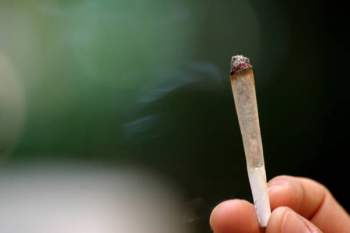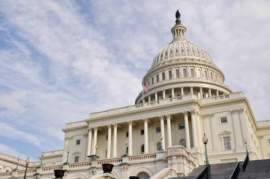
Operation Pipe Dreams

What was Operation Pipe Dreams?
The term applies to a nationwide investigation in 2003 that targeted businesses selling drug paraphernalia across state lines—mostly water bongs and pipes. The most famous defendant included Tommy Chong (né Thomas B. Kin Chong) who owned “Chong Glass” in California.
During the investigation, Chong was approached by who he thought was a “head shop” owner in western Pennsylvania. The undercover agent pressured Chong to sell pipes across state lines to Pennsylvania, and Chong was arrested on February 24, 2003. In all, 55 defendants—mostly from Iowa and western Pennsylvania—were named in the indictment and 54 received sentences.
The Controversy after Operation Pipe Dreams
The arrests of the defendants and Mr. Chong received a large amount of public outrage and jabs from liberal media for several reasons. For one, the regulation of paraphernalia—particularly water pipes and bongs—is rarely pursued by federal authorities and even less so by state authorities under 21 USC §863.
Secondly, Mr. Chong was sentenced to nine months in jail on September 11, 2003—the heaviest sentence during the entire investigation. The prosecution argued that Chong deserved the sentence because he glamorized the use of marijuana while deterring the police in his movies and throughout his life.
The Law
Technically, Tommy Chong did break the law—even though the corner of law is rarely pursued because of more important investigative matters and a lack of funding. 21 USC §863(a) states “It is unlawful for any person” to:
· sell drug paraphernalia
· use mail or other interstate commerce to transport the paraphernalia
· import or export paraphernalia
21 USC §863(d) defines drug paraphernalia:
· metal, wood, acrylic, glass, stone, plastic, or ceramic pipes
· water pipes and bongs
· carburetion devices and masks
· roach clips
· chamber pipes
· electric pipes
· chillums
· ice pipes
· cocaine freebase kits
· wired cigarette papers
The Grey Area of the Law
Prosecution of Operation Pipe Dreams fells into a grey area of law because 21 USC §863(f) even defines exemptions from the law itself. The section states that people or entities allowed by local, state, or federal law to manufacture the items can distribute the items as well. Additionally, the section states that paraphernalia can be imported, exported, transported, or sent through the mail if intended for tobacco products.
It’s a textbook example of the intersection between state and federal law. Even though federal law authorizes the transport of paraphernalia used for tobacco products, federal authorities have the ability to do decide what objects classify as tobacco products and illegal products. Many states allow “head shops” to sell a large range of pipes and bongs as long as they label them for tobacco use only.
Scapegoating or not, Tommy Chong and the other defendants broke the law in one way or another.
Comments from the Department of Justice
Acting Administrator for the DEA, John Brown, stated, “People selling drug paraphernalia are in essence no different than drug dealers. They are as much a part of drug trafficking, as silencers are a part of a criminal homicide.”
Similar arrests have occurred since 2003, but none on the scale of the arrests in 2003.
Source: http://www.justice.gov/opa/pr/2003/February/03_crm_106.htm



















